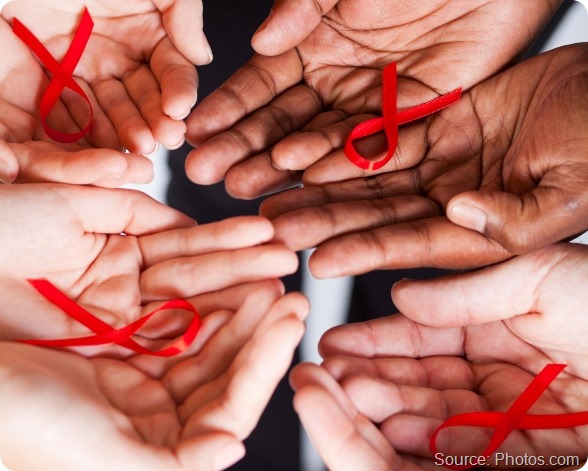A report published in The New England Journal of Medicine provides confirmation of what researchers say is the first case of HIV remission in a child born with the virus.
The child, who received full antiviral treatment unusually early, continues to be healthy and remains free of infection 18 months after treatment was ceased.

"Prompt antiviral therapy in newborns that begins within hours or days of exposure may help infants clear the virus and achieve long-term remission without the need for lifelong treatment,” says Deborah Persuad, lead author of the report and pediatric HIV expert at the Johns Hopkins Children's Center in Baltimore, USA.
The child was born to a mother who was unaware she had HIV and had not received any prenatal care or HIV therapy. The baby was transferred to the University of Mississippi Medical Centre where doctors took the unusual decision of prescribing full doses of three anti-retroviral drugs 30 hours after birth. Usually, babies born to mothers with HIV receive only pre-emptive antivirals while doctors wait for tests to be performed to check for infection.
Twenty-nine days after the child was born, no detectable levels of infection could be found in the infant’s blood and treatment was continued until about 18 months of age. About 10 months after treatment ceased, further HIV tests showed that viral loads were still undetectable in the child.
Now, the researchers say this newly published report provides confirmation that HIV remission has been achieved in the child.
The findings have led to a government funded study which will start in 2014 to test whether the same method of early treatment that was used in the Mississippi case could indeed be used to treat all newborns infected with HIV.
The early treatment may work by “blocking the formation of the very viral reservoirs responsible for rekindling infection once treatment ceases," explains co-author of the report Katherine Luzuriaga (University of Massachusetts in Boston, USA).
“This may be particularly true in infants, whose developing immune systems may be less amenable to the formation of long-lived virus-infected immune cells," she adds.
It is estimated that over 3 million children across the globe are living with HIV and that over 260,000 cases are caused by infants transmitting the infection during childbirth.
References